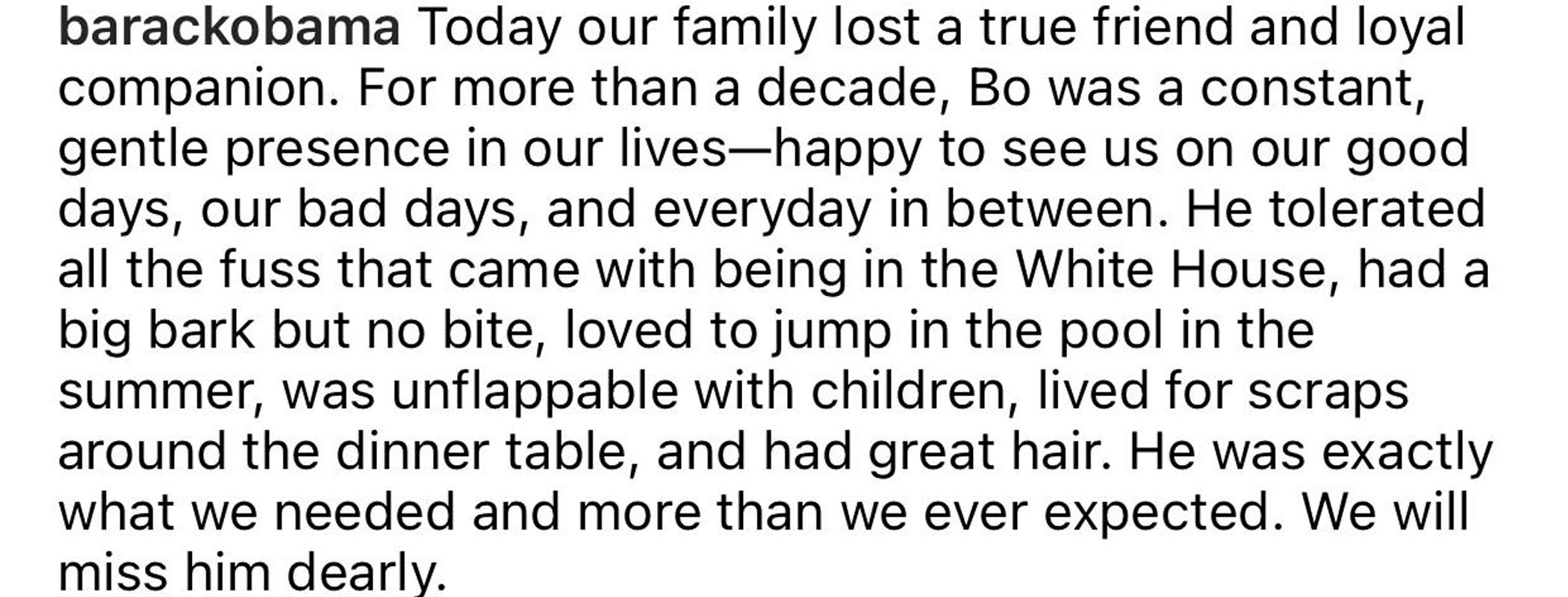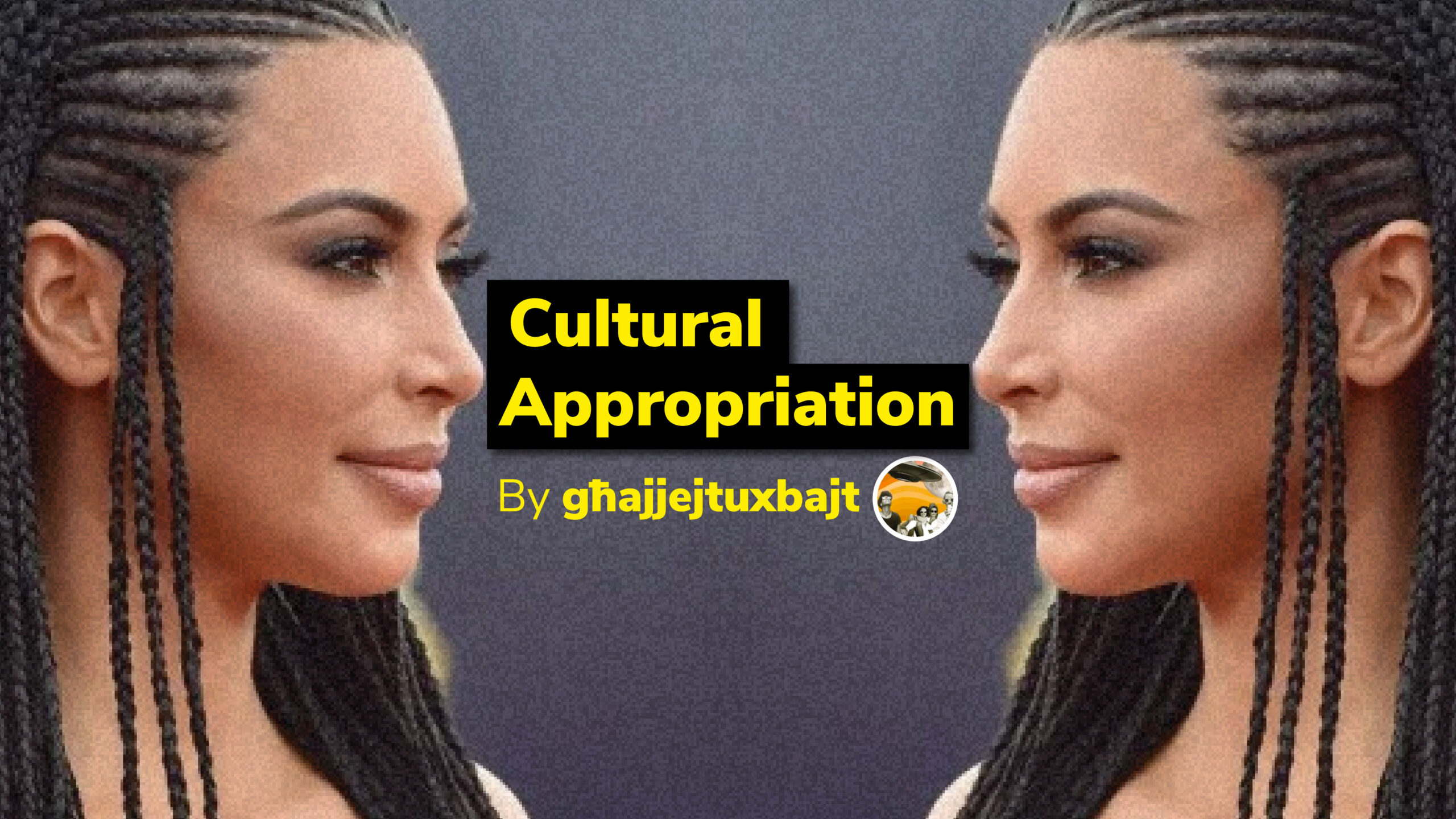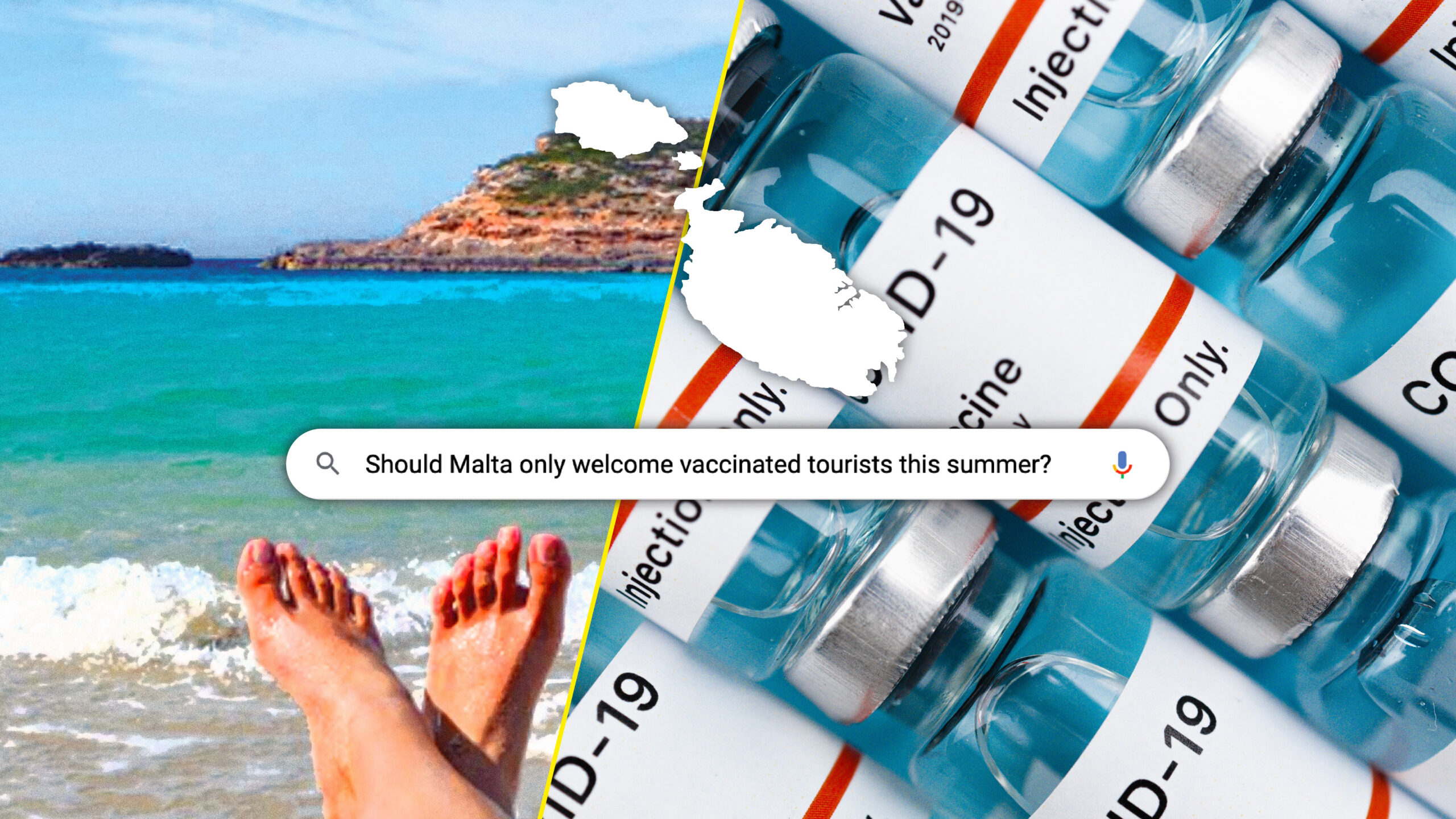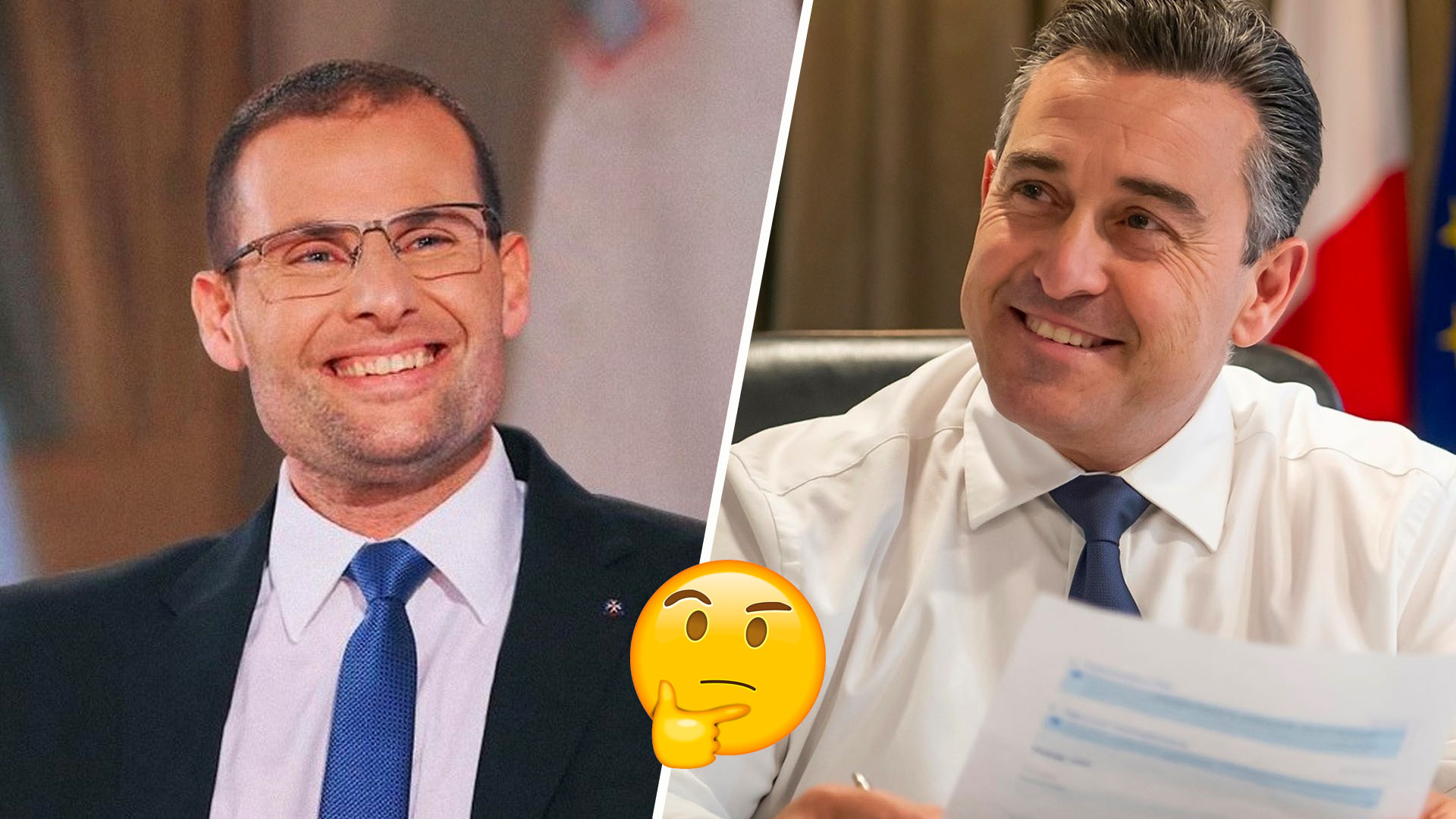
Statistics revealed by a MaltaToday survey on the trust rating of both political parties show that PN leader Bernard Grech’s trust rating has dropped by 10 points. The Opposition leader now stands at 25.7%, making this his worst result since taking charge of the party last September. The entirety of the PN saw a six-point drop, with the total percentage at 30%.
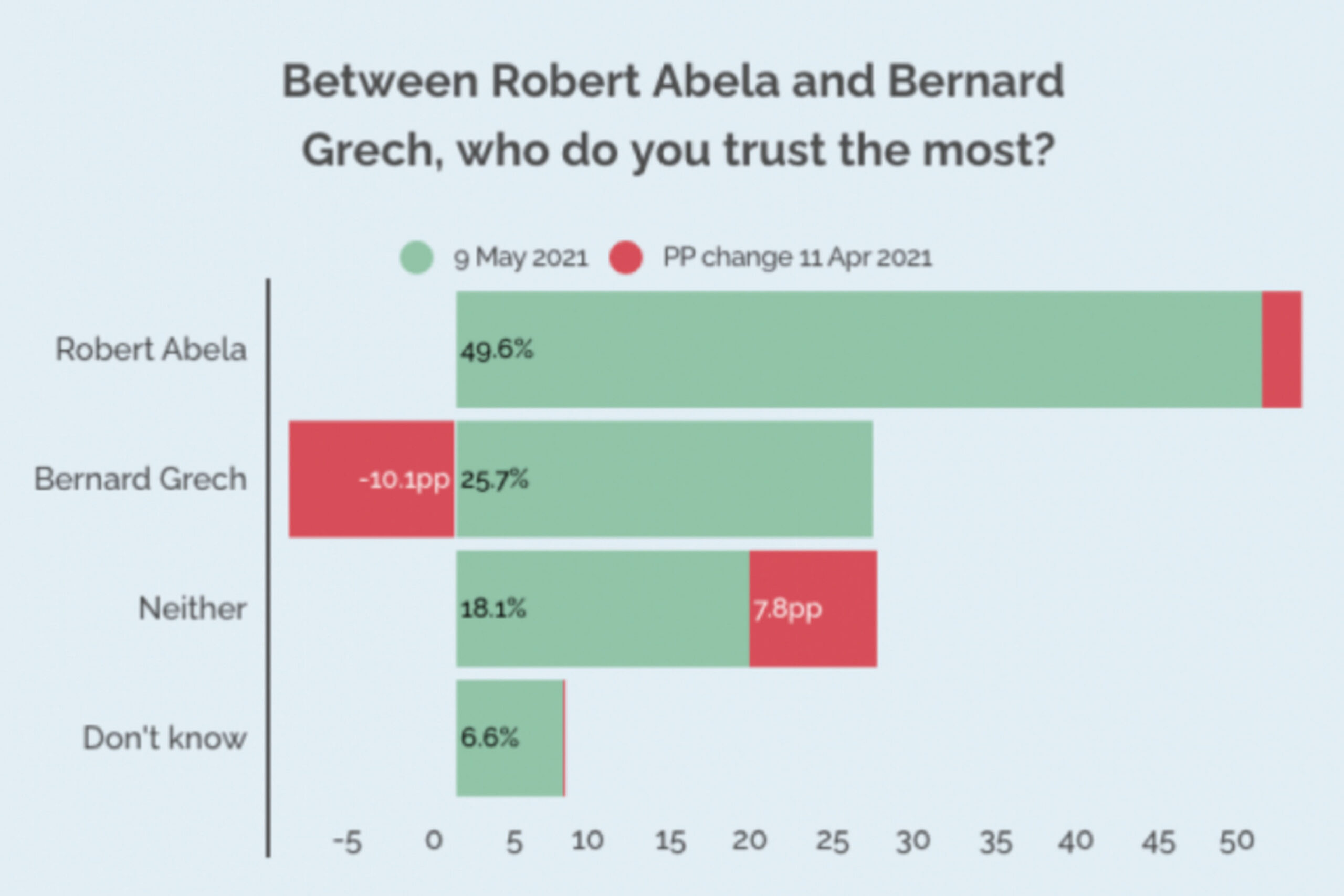 On the Labour Party side however, it seems that Prime Minister Robert Abela is on the rise as his trust rating increases by more than two points to reach 49.6%. This is Abela’s highest rating since September, with support for the party ranking at 44.8%. In between is a gap of 39,000 votes. The survey was held between Monday 3rd May and Friday 7th May.
On the Labour Party side however, it seems that Prime Minister Robert Abela is on the rise as his trust rating increases by more than two points to reach 49.6%. This is Abela’s highest rating since September, with support for the party ranking at 44.8%. In between is a gap of 39,000 votes. The survey was held between Monday 3rd May and Friday 7th May.
#MaltaDaily
Photo Source: Bernard Grech FB, Robert Abela FB, MaltaToday







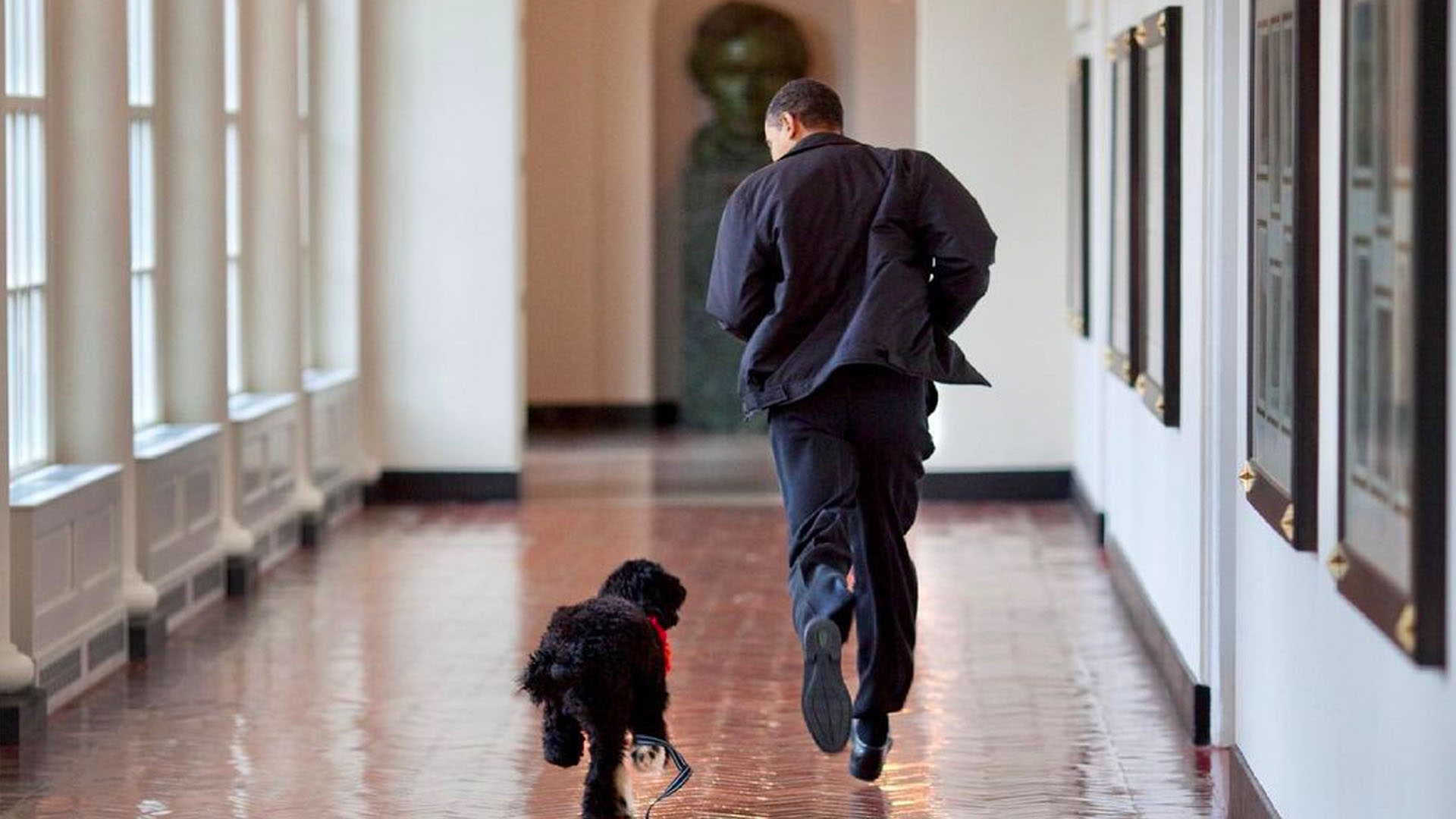
 Bo joined the Obamas for both terms in the White House, later joined by another dog named Sunny in 2013. The former president tweeted; ‘Today our family lost a true friend and loyal companion […] He tolerated all the fuss that came with being in the White House […] He was exactly what we needed and more than we ever expected. We will miss him dearly.’
Bo joined the Obamas for both terms in the White House, later joined by another dog named Sunny in 2013. The former president tweeted; ‘Today our family lost a true friend and loyal companion […] He tolerated all the fuss that came with being in the White House […] He was exactly what we needed and more than we ever expected. We will miss him dearly.’